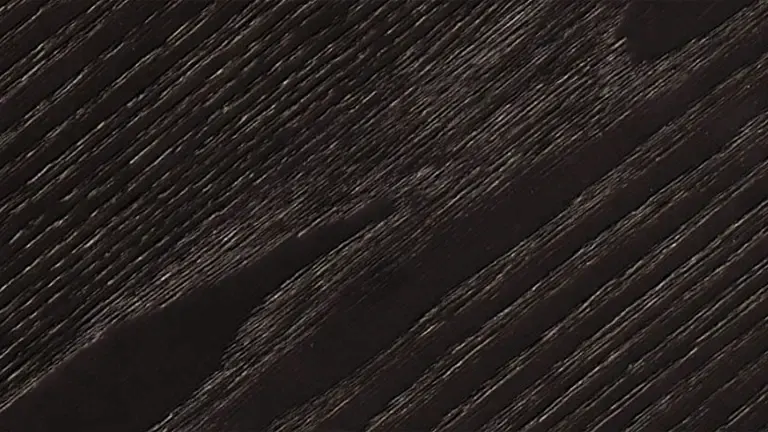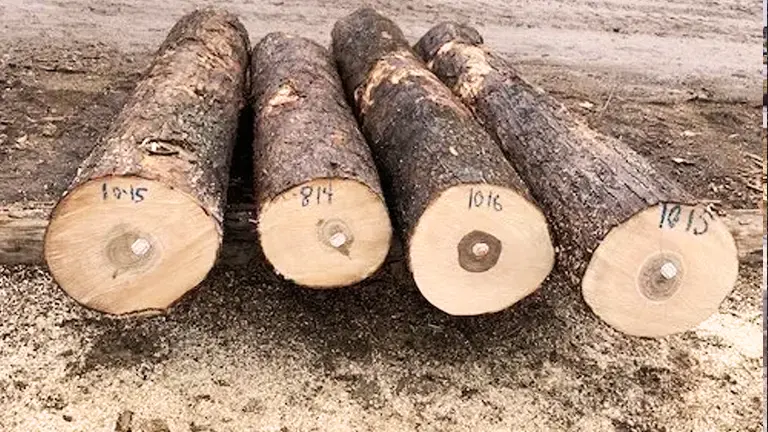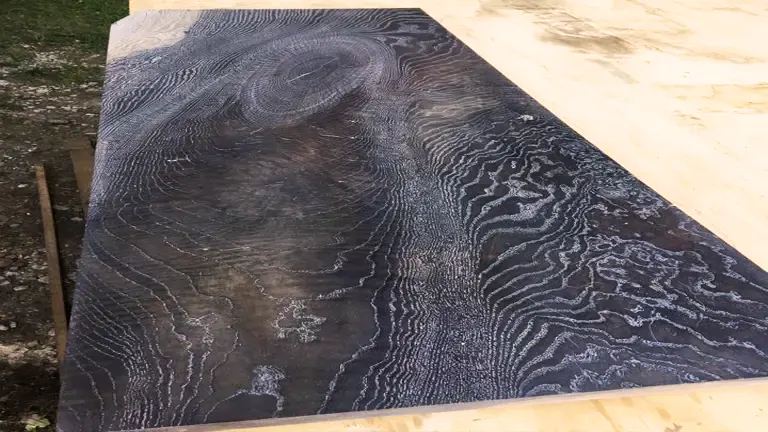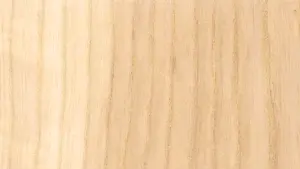Black Ash Lumber
- August 3, 2023
- 0 comment
Black Ash lumber, derived from the species Fraxinus nigra, is a prized hardwood renowned for its captivating appearance and outstanding workability. Native to North America, this wood species has captured the attention of woodworkers and craftsmen alike due to its exceptional qualities.

With a straight and uniform grain and a coarse texture, Black Ash showcases a charming light to medium brown color, sometimes accented by darker streaks, lending it a distinctive and aesthetically pleasing look. The wood’s versatility and strength further enhance its appeal, making it a preferred material for a wide range of woodworking projects.
Due to its ease of handling with both hand and machine tools, Black Ash becomes an excellent choice for woodworking beginners and experienced professionals alike. Its machinability allows for seamless shaping and finishing, enabling artisans to create intricate designs and achieve a smooth, polished surface. The wood’s ability to take stains and finishes exceptionally well adds to its allure, giving woodworkers the flexibility to achieve desired aesthetics. Common applications for Black Ash include furniture, cabinetry, interior millwork, tool handles, and traditional crafts such as baskets.
| Property | Details |
|---|---|
| Common Name(s) | Black Ash |
| Scientific Name | Fraxinus nigra |
| Distribution | North America |
| Tree Size | 60-100 ft tall, 2-3 ft trunk diameter |
| Average Dried Weight | 32 lbs/ft3 (515 kg/m3) |
| Specific Gravity | 0.51 |
| Janka Hardness | 1,320 lbf (5,870 N) |
| Modulus of Rupture | 15,900 psi (109.6 MPa) |
| Elastic Modulus | 1,680,000 psi (11.59 GPa) |
| Crushing Strength | 8,600 psi (59.3 MPa) |
| Shrinkage | Radial: 4.8%, Tangential: 8.5%, Volumetric: 13.8% |
Characteristics
Color/Appearance
Black Ash exhibits a captivating color palette, ranging from a light to medium brown hue with subtle hints of reddish-brown. This wood often showcases darker streaks, adding to its visual appeal. As Black Ash ages and is exposed to light, it tends to darken slightly, enhancing its warm and inviting appearance.


Grain/Texture
The grain of Black Ash is generally straight and uniform, contributing to its ease of working and finishing. The wood’s texture is coarse, similar to other ash species, providing a tactile and visually interesting surface.
Rot Resistance
While Black Ash possesses moderate resistance to decay, it is not as naturally durable as some other hardwoods. As a result, it is essential to protect the wood from prolonged exposure to moisture to ensure its longevity in various applications.
Workability
One of the standout features of Black Ash is its exceptional workability. The wood cooperates seamlessly with both hand and machine tools, making it a favorite among woodworkers. It boasts good machining properties, allowing for smooth shaping and intricate detailing. However, care should be exercised when working with interlocked grain sections to avoid tearout.
Odor
When being worked, Black Ash generally lacks any distinctive odor, enabling woodworkers to focus on their craftsmanship without distraction.
Allergies/Toxicity
While there are no specific reports of allergenic reactions to Black Ash, like other hardwoods, some individuals may experience respiratory or skin irritation when working with this wood. Proper safety measures, such as wearing a dust mask and gloves, are recommended when handling and machining Black Ash.
Pricing/Availability
Black Ash lumber is readily available at a moderate price point, making it accessible to a wide range of woodworking enthusiasts. It can typically be sourced from local lumberyards or specialized wood suppliers, especially in regions where the species grows abundantly.
Sustainability
Black Ash faces a notable challenge concerning its sustainability due to the ongoing emerald ash borer infestation, which has significantly impacted ash trees across North America. Responsible harvesting practices and conscientious sourcing are crucial to ensure the conservation and responsible management of this valuable hardwood resource.
Common Uses
The versatility and strength of Black Ash make it a popular choice for various applications. It finds widespread use in crafting fine furniture, elegant cabinetry, and intricate interior millwork. Its excellent shock resistance also makes it an ideal material for crafting tool handles, while its flexibility has historically been employed in weaving baskets. Additionally, Black Ash’s appealing aesthetics and sturdiness make it a preferred choice for crafting sports equipment such as baseball bats and hockey sticks, further demonstrating the wood’s remarkable adaptability and value.


Frequently Asked Questions
- Is Black Ash lumber suitable for outdoor projects?
While Black Ash has some resistance to decay, it is not considered highly durable for outdoor use. For exterior projects, it’s recommended to use suitable protective finishes and keep the wood away from direct exposure to the elements. - Can Black Ash be stained or finished easily?
Yes, Black Ash takes stain and finishes well, producing an attractive and even appearance when properly applied. - Is Black Ash a good choice for woodworking beginners?
Yes, Black Ash is a great wood for beginners due to its excellent workability and ease of handling with both hand and power tools. - How does Black Ash compare to White Ash?
Black Ash and White Ash (Fraxinus americana) are similar in appearance and properties, but Black Ash is generally lighter in color and slightly less dense. - Is Black Ash an endangered species?
While not officially listed as endangered, Black Ash faces threats due to the emerald ash borer infestation. Responsible harvesting and conservation efforts are essential to protect the species.
We’d love to hear from you! Share your personal experiences and thoughts about Black Ash lumber in the comments section below. Your insights could be invaluable in assisting others with making well-informed decisions!









Leave your comment